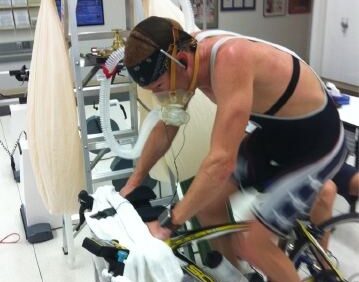Embracing Your Authenticity:
In the realm of coaching, a prevalent issue is coaches morphing into chameleons, abandoning their true selves for financial gain or popularity. I once coined the phrase, “We don’t do PC, We do performance,” encapsulating my coaching philosophy and our company’s ethos. Coaching’s essence lies in aiding athletes in realizing their full potential, be it completing a first race or emerging victorious. This achievement hinges on coaches remaining authentic to their core beliefs, the guiding principles shaping their coaching style.
Straying from these foundational beliefs jeopardizes the entire coaching structure. While adapting coaching approaches for individual athletes is acceptable, altering the fundamental message is misguided and eventually detrimental. Inconsistency breeds skepticism, causing athletes to question a coach’s credibility and principles.

Uphold What You Know:
Personally, I staunchly advocate for certain principles, including prioritizing short course speed for long-term success, emphasizing high cadence in cycling, prioritizing speed over endurance, and valuing technique and form over volume. These convictions constitute the bedrock of my coaching philosophy, and I am always ready to defend them against any opposing viewpoints. The willingness to defend these beliefs underscores their significance to my coaching approach. Over the years, I’ve defended these principles against dissenting opinions, standing my ground with factual support.

Acknowledge What You Don’t Know:
Intelligence lies in recognizing and admitting what you don’t know. Acknowledging gaps in knowledge is crucial for continuous learning in coaching. Coaches who claim to know everything stagnate in their development, becoming obsolete. I often face questions from USAT certified coaches, and when confronted with unfamiliar topics, I openly admit, “I don’t know, but I will find out.” This admission prompts me to seek knowledge from other coaches, physiologists, or scientific studies to provide the most informed response. Avoiding the admission of ignorance impedes growth, as there is an endless wealth of knowledge in coaching that requires ongoing education.
In our sport, a coach’s mistakes impact athletes, not the coaches themselves. At the very least, coaches should stay true to their authentic selves, defend their convictions, and humbly admit when they’re wrong. This approach fosters a culture of continuous learning and self-development in the ever-evolving world of coaching.


This was insightful to narrow down the bedrock of your coaching philosophy:
1) Prioritizing short course speed for long-term success
2) Emphasizing high cadence in cycling
3) Prioritizing speed over endurance
4) Valuing technique and form over volume.
This helps create a framework for me to develop my learning and questions to continually ask myself in how they are related to coaching these athlete outcomes.